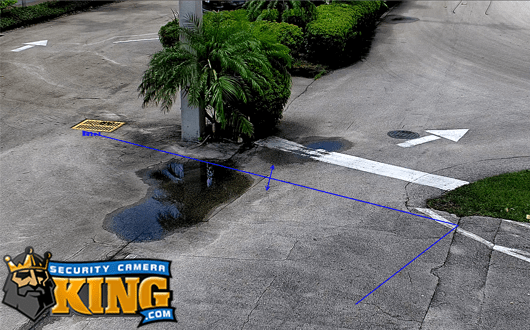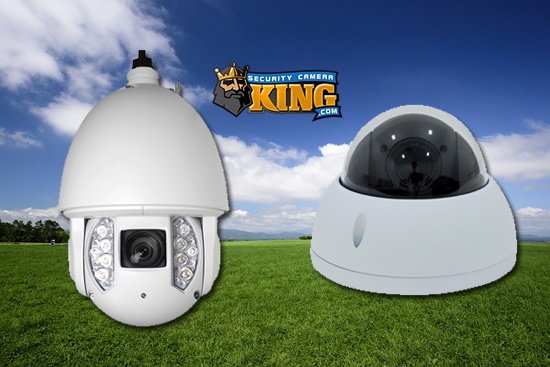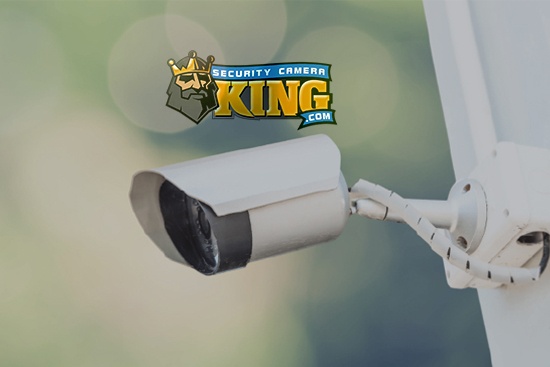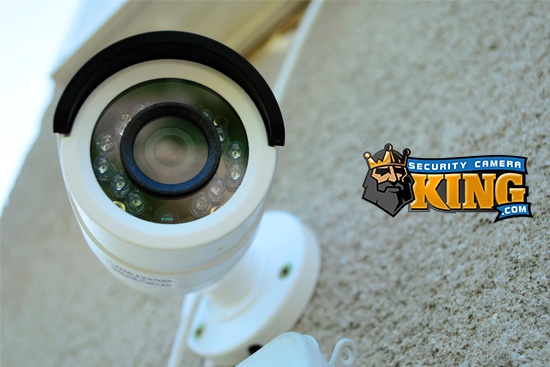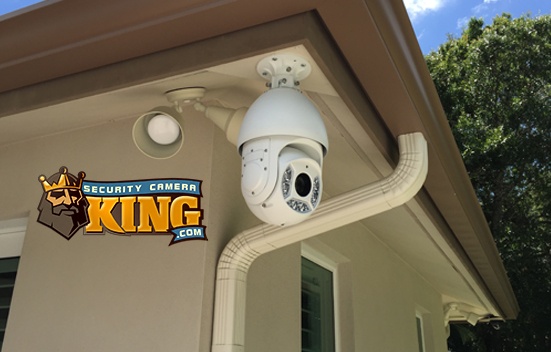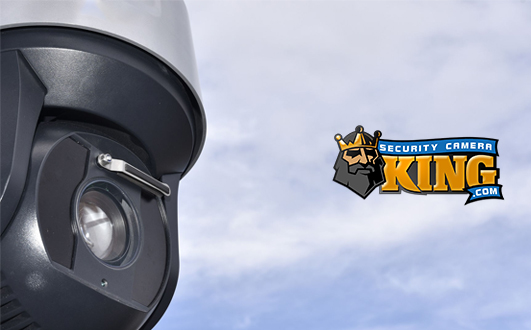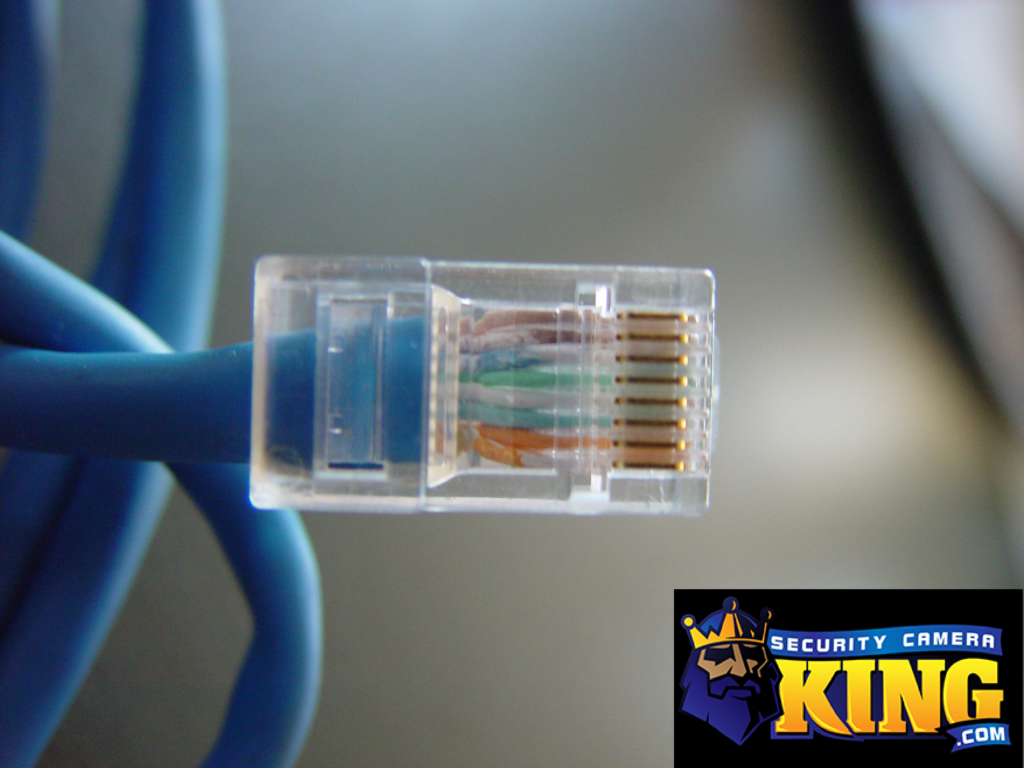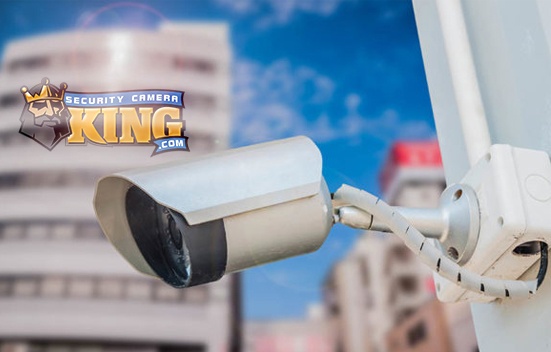Digital Tripwire and Intrusion
Digital Tripwire and intrusion boxes for alerting in CCTV are highly sought-after security features today. Digital Tripwire and Intrusion belong under a subset of settings called IVS, or Intelligent Video Survellience. What are the benefits of IVS, and by extension Digital Tripwire and Intrusion?
When looking at cameras and security systems for purchases, there’s probably a ton of options you have encountered listed within the feature sets of some of these recorders and cameras. For example, I’m sure you’ve seen IR and IR length at one point or another, as well as MD or POE. The acronyms can be endlessly overwhelming if you’re new or out of the loop on CCTV technologies and features. To clear the air, we’re going to be doing multiple articles answering many of the questions and breaking down the available options these features have.
For today, we’re tackling the feature-set commonly referred to as IVS, by answering “What is IVS?” Firstly, know that IVS is short for Intelligent Video Surveillance. IVS is actually a set of features and options found potentially within multiple categories of parent features depending on the age and quality tier of recorder you are working with. The features IVS has available may also be determined by what kind of cameras you are using alongside your recorder as well. That’s all well and good, but breaking down the acronym IVS doesn’t exactly explain “what is IVS?”
Well IVS got its name because it is essentially a series of intelligent triggers that attempt to alert the operator or user of the CCTV under specific conditions. These conditions are set by the user of the system as they make various IVS rules for the various situations they might encounter. What’s great about IVs is there are many different kinds of rules you can use for various situations or circumstances. Ultimately, the concept of IVS was created for accurate alerting, and reduction of false alerts as compared to other methods of alert trigger such as standard motion detection.
To take it a step even further, IVS is now integrated into the Artificial Intelligence suite of our Elite Series recorders. What this essentially means is that the already very efficient alert system of IVS is now backed by AI-powered algorithms that can actively work to eliminate false alerts even further. This is done by narrowing results to only people and/or vehicles capable of triggering the IVs rule. additionally AI search can be used to locate exact moments when these AI IVs rules were triggered for far faster, more refined footage playback and locating than ever before.
Now that we’ve covered the basics on “what is IVS?” what kinds of different features or trigger rules can you create? There are tons of different options, some of which require certain types of cameras to be able to take advantage of. Any Camera connected to an NVr capable of IVS can usually handle basic rules such as non-AI-based tripwire and intrusion boxes. With tripwire, you draw lines onto the field of view of a camera. You can then tell the recorder to react if someone or something crosses this tripwire within the scene from 1 direction, the opposite direction, or either direction. With intrusion box th concept is similar but the intention is to form a box with the lines created. With this box, you can similarly set the recorder to react based on crossing from 1 direction, the opposite direction, or either direction.
These are the two most common trigger rules used, but you can also use other options such as:
- Abandoned/Missing Object
- Scene change
- Thermal IVS
- Face Detection (AI)
- Face Recognition (AI)
- and more…
One of the most commonly requested features on any CCTV system is the ability to Auto track a target using a PTZ- or pan-tilt-zoom- capable camera. What’s interesting to know is that this PTZ feature is actually tied to IVS. In fact, one of the reactions that can be set in conjunction with triggering an IVS rule is for the PTZ camera that is on that rule to begin tracking the target that crossed it for up to an attempt 300 seconds.
Thanks for joining us today as we covered the Digital Tripwire and Intrusion via IVS. For more tutorials please check out our youtube channel, and for any sales questions give us a call at
561-288-5258 today!
Related: What’s the difference between DVR and NVR?
Related: What’s the difference between H264 and H265?
Related: IP PTZ Security Cameras – All There is to Know
Related: Resolution, and why does it matter?
Related: What are active deterrence cameras?
Find Us On: Facebook | Twitter | YouTube

